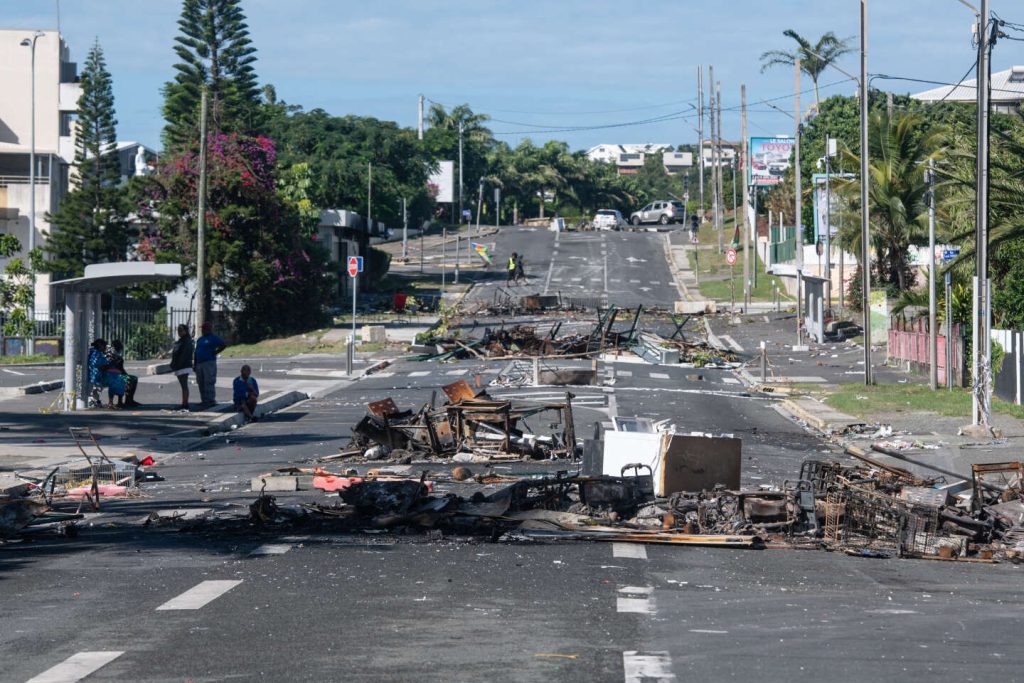The current situation in New Caledonia is not a surprise, as the anger boiling over in the streets has been brewing for a long time and stems from the territory’s history and sociology. It is important to understand that these riots are not just the result of unemployed, manipulated, and intoxicated youth, as this simplistic explanation hides the underlying issues of objective inequalities and a strong sense of social injustice. In addition to the historical and political factors that have been widely discussed in the media in recent days, there are also significant spatial, social, economic, and ethnic inequalities in a context of political, economic, social, and climatic uncertainty. It is crucial to address these inequalities and injustices in order to prevent further outbreaks of violence.
Despite efforts to rebalance the situation, around 70% of the poor in New Caledonia belong to the Kanak community, 70% of school dropouts without solutions are Kanak, and only around 8% of this community hold a diploma equivalent to a bachelor’s degree, compared to over 50% of Europeans. Many young graduates, often educated in France through the public program “Cadres Avenir,” have difficulties accessing the job market. Moreover, several young people interviewed during field surveys have witnessed positions at the level of their qualifications being given to mainland French individuals, leading to a strong sense of frustration and injustice.
The Kanak community is underrepresented in most positions of responsibility and often feels inferior in the educational, professional, and political spheres, as well as in their interactions with some members of the European community. Many young people in Nouméa feel that “the white people,” “zoreilles,” or “métros” (terms referring to mainland French) have everything and impose a mainland French model on them, sometimes with condescension. These individuals are perceived to be concentrated in wealthy neighborhoods, fueling envy and resentment among the Kanak.
It is crucial to address these underlying issues of inequality and injustice in New Caledonia in order to prevent further escalation of tensions and violence. It is necessary to raise awareness of these inequalities and injustices, and to work together towards finding solutions. By understanding and addressing the root causes of the anger and frustration in the Kanak community, it may be possible to pave the way for a more inclusive and equitable society in New Caledonia. There is a need for dialogue, mutual understanding, and cooperation among all communities to build a more harmonious and just society in the territory.
In conclusion, the current unrest in New Caledonia is not simply the result of young people’s frustrations or alcohol-fueled violence, but the manifestation of deep-seated inequalities, historical injustices, and a sense of social exclusion felt by the Kanak community. It is important to move beyond superficial explanations and address the structural issues that are fueling the unrest. By recognizing and addressing these inequalities, injustices, and under-representations, it may be possible to build a more inclusive and equitable society in New Caledonia, where all communities can thrive and coexist peacefully.















